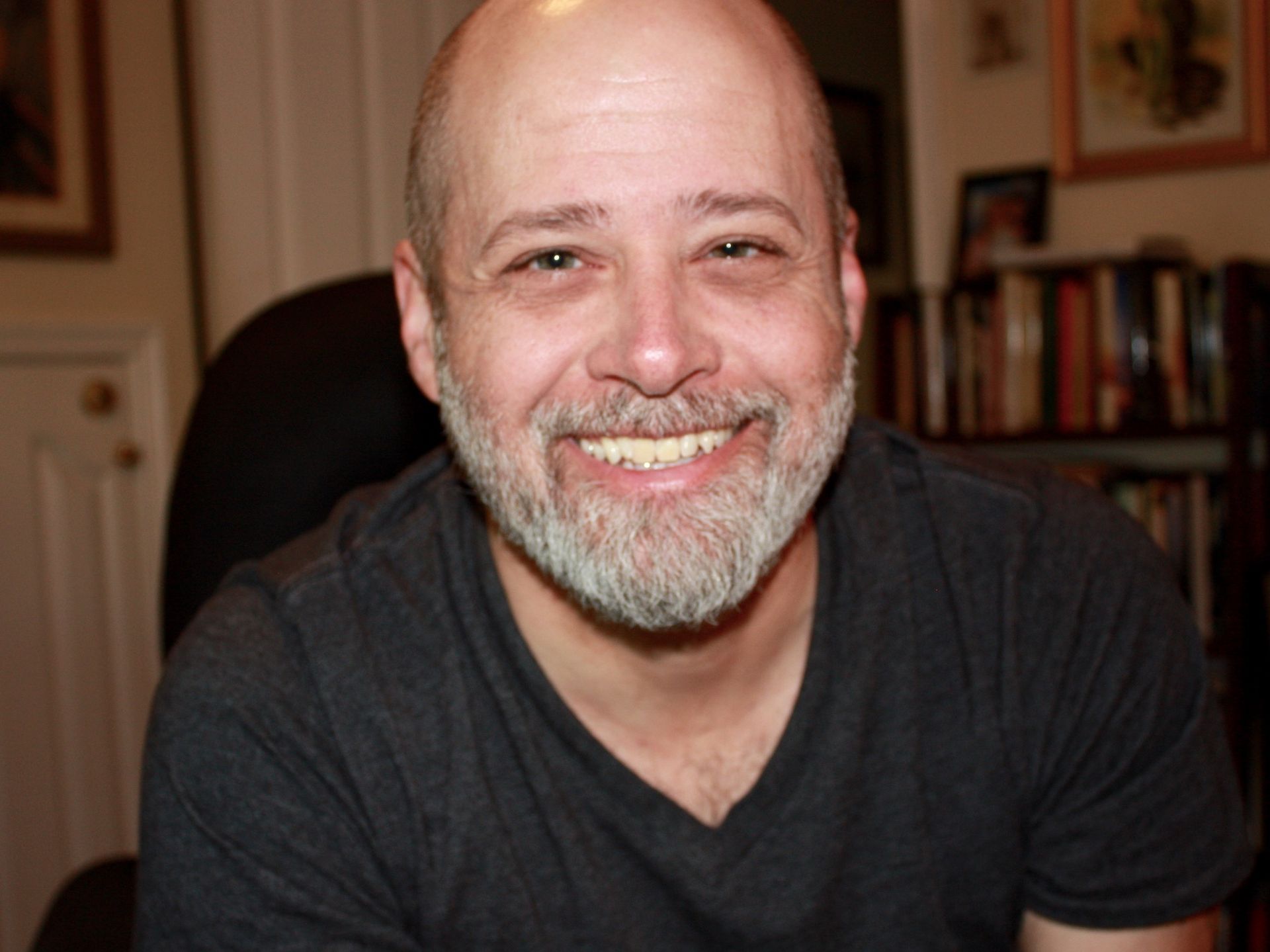Advent can be a particularly challenging season for church planters and pastors in younger churches.
I remember the first few years of our church plant, Advent was a season of decreased attendance- most of the people in our church were younger and would either travel to be with family over the holidays or head to church with their parents. Advent always left me wondering where everyone had gone.
As we got older, more and more people began to stick around for the Holidays, and even bring family and friends. That was great, but only increased the pressure we felt to make things special.
Let’s just be frank- Advent can be exhausting. In addition to planning extra events like Christmas parties or serving the poor, Advent means being there first and probably leaving last on Christmas Eve or other special Christmas services.
What for most people is a family celebration is for many pastors an exhausting special event- work.
What all this means is that at Advent, we as ministry leaders need to take special care. Here are three things to be mindful of this season.
- Remember to make Advent as special for your own family as you are trying to make it for others’- Not to add more pressure at what is already a pressure-filled time, but your family needs you to be mom or dad, not pastor or ministry leader. They understand you have a job that often means working when others are at home, celebrating, but rather than ask them to just accept this, do your best to simply shift those special times to earlier in the day or in some other way acknowledge their sacrifice of time with you by doing something else special for or with them.
- Take some extra time off- you’ve earned it. The folks that serve you the coffee you get or sell you those last-minute gifts on Christmas Eve probably get time and half for working on holidays. Sadly, this is a convention that has never really made its way into churches! Probably the best we’re going to be able to do is take advantage of the greater flexibility we have with our time. That means taking some “comp” time after Christmas to be with your family. Ministry can wait- show your family they matter by being extra-present after big events like Christmas Eve that pull you away from them.
- Most importantly- Don’t forget to connect with the Jesus you are trying so hard to point others to. Though it’s cliché to say it- remember the reason for the Advent season. We consistently remind people not to get caught up with the business of the season and then promptly ignore our own warnings. Do whatever you need to do this year to stay focused on your relationship with God, and the worship of Jesus. Don’t let pastoring others and planning church services for them mean that your soul is neglected.
Have a blessed Advent this year that does in your life and heart the same things you hope and pray for others.

Bob is the Director of Equipping and Spiritual Formation for the Ecclesia Network.
He’s the co-author of Eldership and the Mission of God: Equipping Teams for Faithful Church Leadership as well as Ministry Mantras: Language for Cultivating Kingdom Culture.
He planted the Evergreen Community in Portland, OR in 2004 and holds a DMin from George Fox/Portland Seminary.
Bob currently lives in Boise, ID with his wife, Amy, his kids, Jack, Jane, and Josie and his dog, Bentley.







